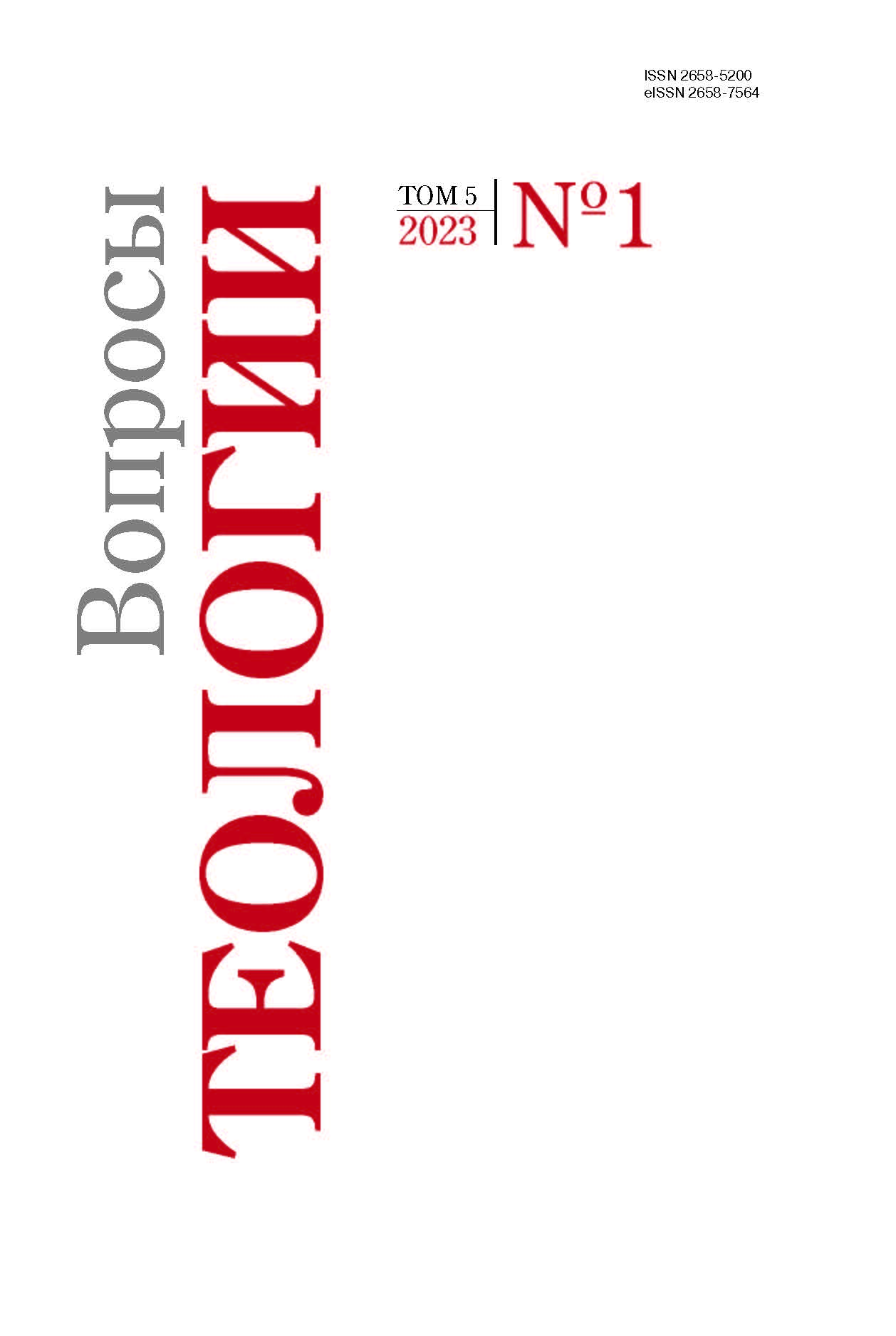Liturgical argument in defense of Orthodoxy in the polemical collection of the Library of the Russian Academy of Sciences 16.3.13
DOI:
https://doi.org/10.21638/spbu28.2023.103Abstract
In a poorly covered polemical collection of the 17th century of the Library of the Academy of Sciences 16.3.13 there is a controversy between supporters of the Orthodox and Latin teachings about the Eucharist. The writings of the brothers Likhudov and monk Euthymius are placed along with the heretical writings of Sylvester Medvedev and the banned deacon Athanasius. In this article, we will pay attention to the “liturgical” direction in the argument, when the parties participating in the controversy find confirmation of their position in the order of the Divine Liturgy. This is done by referring to the authority of the liturgies of the Eastern Orthodox Church: Saints John and Basil, the Apostles Mark and James, brother of God, as well as the study of the “Latin” liturgy of the Apostle Peter. The complexity of describing the liturgical argument lies in its arbitrary arrangement on the pages of the collection. The purpose of this work is to consider the liturgical argument in defense of the Orthodox teaching on the time of the transubstantiation of the Gifts in the littlecovered polemical collection of the Library of the Academy of Sciences 16.3.13. The content of the manuscript will be considered in the context of the polemic with the “bread-worshipping” heresy, after which the method of liturgical polemic based on the rites of the liturgies will be examined. In conclusion, preliminary conclusions are made about the meaning of the liturgical argument.
Keywords:
Liturgy of the Apostle James, Liturgy of the Apostle Peter, polemics, polemical collections, Latinism, Eastern Orthodoxy, the doctrine of the Eucharist
Downloads
References
References
Downloads
Published
Issue
Section
License
Articles of "Issues of Theology" are open access distributed under the terms of the License Agreement with Saint Petersburg State University, which permits to the authors unrestricted distribution and self-archiving free of charge.




